Artificial Intelligence (AI)
Welcome to the page for the CALICO Special Interest Group (SIG) on Artificial Intelligence (AI)! The AI SIG was formed at the Annual CALICO Conference in 2024!
2025-2026 Board
Chair: Angel Añorga • anorgaal@ucmail.uc.edu
Associate Chairs: Aleksín (Aleks) Ortega • Aleksin.Ortega@csi.cuny.edu
and John Turner • Jturner@tru.ca
Committee: Christiane Reves, Gözde Durgut, Kristin Elwood, Sabina Nowak, Wei Cai, Xiaojing Kou,
Ye Yuan
Connect with the SIG on LinkedIn and join our Slack group!
We invite you to read our group’s Mission, Vision, and Objectives below. You can also access the content via pdf.
CALICO Artificial Intelligence (AI) Special Interest Group
Mission: To maintain a position of leadership and collaboration in research and application of artificial intelligence (AI) in language education. Through innovation and collaborative, research-driven efforts, we aim to establish a foundation of knowledge and develop ethical, critical pathways for integrating AI into language teaching and learning. Our group fosters interdisciplinary partnerships and bridges research, pedagogical, and practical application to enhance second language teaching and learning.
Vision: To build a local and global community that advances research and practice in AI-driven language education, promoting informed, equitable, ethical, and impactful use of technology. We aim to support innovation that aligns with CALICO’s, and our sister organizations’ commitment to research and development in computer technologies and applications for language teaching and learning, while actively engaging with educators in academia and industry partners to inform the design, enhancement, and responsible employment of emerging tools.
Objectives:
- Advocate for ethical and responsible exploration and integration of AI. Promote and demonstrate equitable, transparent, and pedagogically grounded use of AI in language education. Support and advance research, dialogue, and guidelines that address bias, data privacy, linguistic and cultural inclusivity, and learner autonomy, and encourage the development of guidelines that ensure AI tools align with human-centered, ethical, teaching and learning practices. Work to ensure that AI-based tools and solutions complement pedagogical goals while respecting the rights, identities, and diverse needs of all learners and users.
- Support and prioritize research and learning. Foster a culture that encourages continuous learning and exploration of AI applications in language education. Empower our community to stay at the forefront of technological advancements through providing research, resources, workshops, and discussions. Such efforts include, but are not limited to conference workshops and presentations, off-conference virtual discussions and workshops, publications, panels, and roundtables.
- Support teacher education and language program leadership. Empower teacher educators, language instructors, and language program administrators to critically engage with AI technologies through professional development, training, and resource sharing and creation. Promote practices that prepare educators to integrate AI meaningfully into curricula, assessment, and decision-making in diverse language education contexts. Support program administrators in guiding and training their instructional teams in possible adoption of and communication about AI.
- Promote collaborative efforts. Build bridges between educators, teacher educators, researchers, and industry professionals. Strengthen interdisciplinary collaborations that create a robust network for sharing best practices and knowledge across the CALICO community, including its Special Interest Groups, sister organizations, industry partners, and beyond.
- Support rigorous research initiatives. Facilitate and promote research that explores the impact and implications of AI on language learning. Work to ensure the dissemination of findings that contribute to academic scholarship, industry applications, and serve as a bridge connecting the two. Promote transparency by sharing promising outcomes, as well as challenges and disadvantages of AI, ensuring that educators, researchers, and diverse stakeholders have access to comprehensive, balanced insights to inform responsible decision-making.
- Expand access to resources and foster community-driven sharing. Actively share insights, tools, research findings, and practical resources among CALICO members, CALICO Special Interest Groups, our sister organizations, and the broader language education community. Encourage active communication and resource sharing through the AI SIG’s communication platforms (i.e., LinkedIn and Slack), and promote the sharing of tools, insights, and classroom-ready resources. Support the development of categorized repositories of research, pedagogical materials, and relevant industry tools to make the work of educators, researchers, and developers more discoverable, interconnected, and impactful across the language education community.
- Encourage open collaboration and innovation. Provide diverse platforms and spaces that enable members to collaborate openly, share novel ideas, and develop innovative AI-driven solutions. These initiatives will enhance language teaching and learning practices in alignment with CALICO’s overarching mission of advancing research and development in second and foreign language teaching and learning.
* This document and set of guidelines represent a living mission and set of guiding principles that will evolve alongside the rapidly changing AI landscape and current SIG leadership. Each year, our group may establish specific aims, priorities, and actions that reflect emerging opportunities and challenges. While this document outlines our guiding principles and long-term direction, concrete initiatives, resources, and efforts will adapt year to year in response to the dynamic nature of the field and diverse interests and goals of the current AI SIG leadership.
Please do not hesitate to contact the board or the current SIG Chair at any time,
Founding SIG Chair, Lillian Jones, lillian.jones@uci.edu.
____________________________________________________
Check out what the AI SIG has been up to this year and what’s coming up at the conference in our “Year in Review and looking forward in 2024-2025” report!

